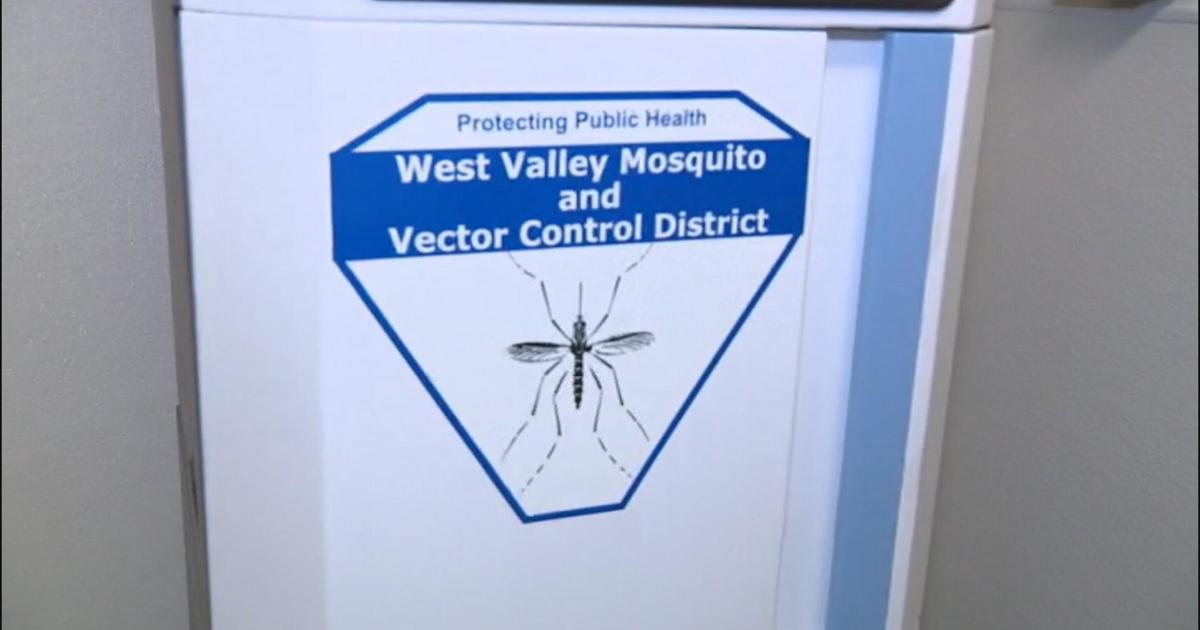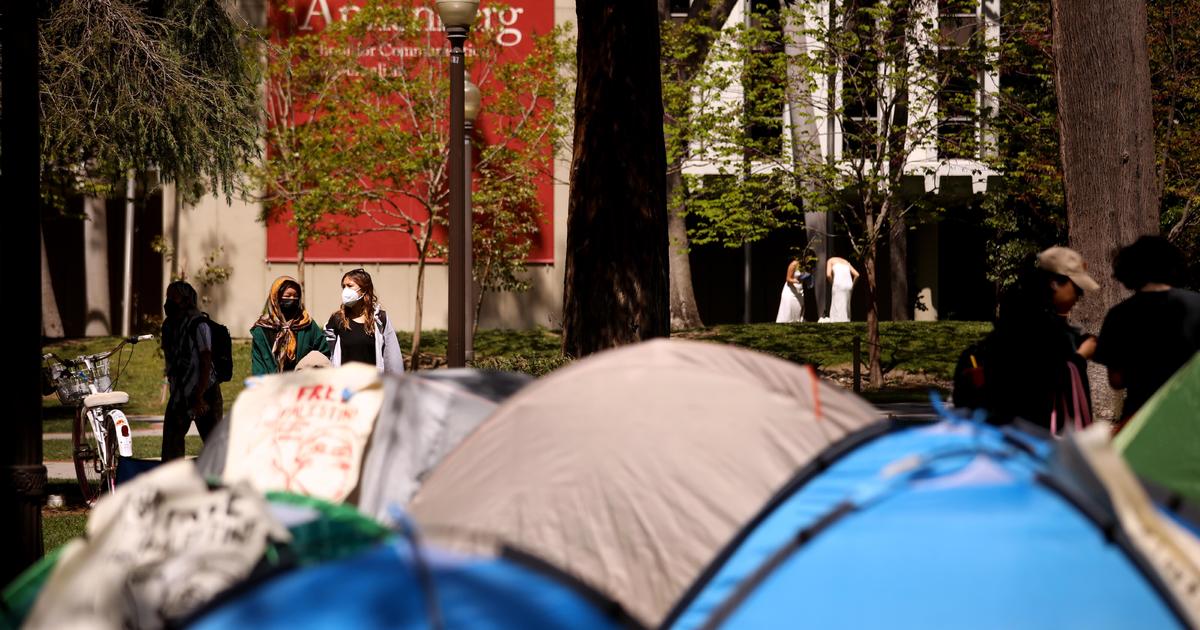How AB2222 aims to overhaul the way students learn how to read
A new early literacy bill could make California the next state to overhaul its curriculum and change the way reading is taught.
Mom Balbina Hernandez knows firsthand what it's like to struggle with reading.
"I started high school when I was 16 when I came from Mexico," she said. "So, reading was really tough for me."
So, when her youngest son fell behind in reading during the pandemic, she was grateful for the help he received at Esperanza Elementary in Westlake.
"They have these after-school classes," Hernandez said. "He reads pretty good now."
Inside the library at Esperanza Elementary, third graders read aloud from the pages of fiction and nonfiction books.
Principal Brad Rumble credits his school's considerable improvement in reading to the science of reading approach, which focuses on word recognition and language comprehension.
"I believe some of the steps we are taking here are the best steps to close the gap for our students," Rumble said.
Marshall Tuck, CEO of EdVoice, is one of the sponsors of the new bill, AB2222, which would require what they claim is an evidence-based approach to be implemented in all California elementary schools.
"The science of reading is actually a body of research," Tuck said. Think about thousands of research studies over the last couple of decades focused on how children learn how to read."
Tuck said supporters hope the bill provides teachers with the most effective instructional materials and the best way to teach kids how to read. EdVoice claims that 30% of third-grade students from low-income families in California are reading at grade level.
The nonprofit Families in Schools released a new report showing only 40% of kids in the Los Angeles Unified School District met reading standards by the end of third grade.
"We have to take those numbers seriously," said Rumble. "I think there is an urgency to the work that we are doing."
The bill's chances of passing may come down to money. California is currently facing a budget deficit and the professional development tied to the bill would cost an estimated $200-$300 million.
"What we tell people all the time is that a budget is as statement of your priorities," Tuck said.
There is also strong opposition from educators like Allison Briceño, an associate professor at San Jose State University. She said this bill would hurt California students because it promotes only one way of teaching and overlooks other basic skills.
"Teachers' hands are really going to be tied by this legislation," she said. "They're not going to have the external materials and resources and education that's needed to support real language development for English language learners ... We're not providing time for content learning, science, social students and field trips are going out the window."
Tuck said it's not a one-size-fits-all approach.
"What the bill does do is that it says we must also have strong oral language development in all classrooms," he said. "That's unique to California because we have a large English language learner population," Tuck said.
At the beginning of the year, only 14% of kindergarten students were at or above the benchmark level. Now, 52% are at or above the benchmark.
"The progress is tremendous," Rumble said. "I think we owe it to the practices that are going on here."
Hernandez said that her son is also proof these teaching methods are working.
"It's something I wish I had long ago," she said.
The LAUSD acknowledges that there is still work to be done on improving reading scores but says it's a call to action to implement the science of reading model.




